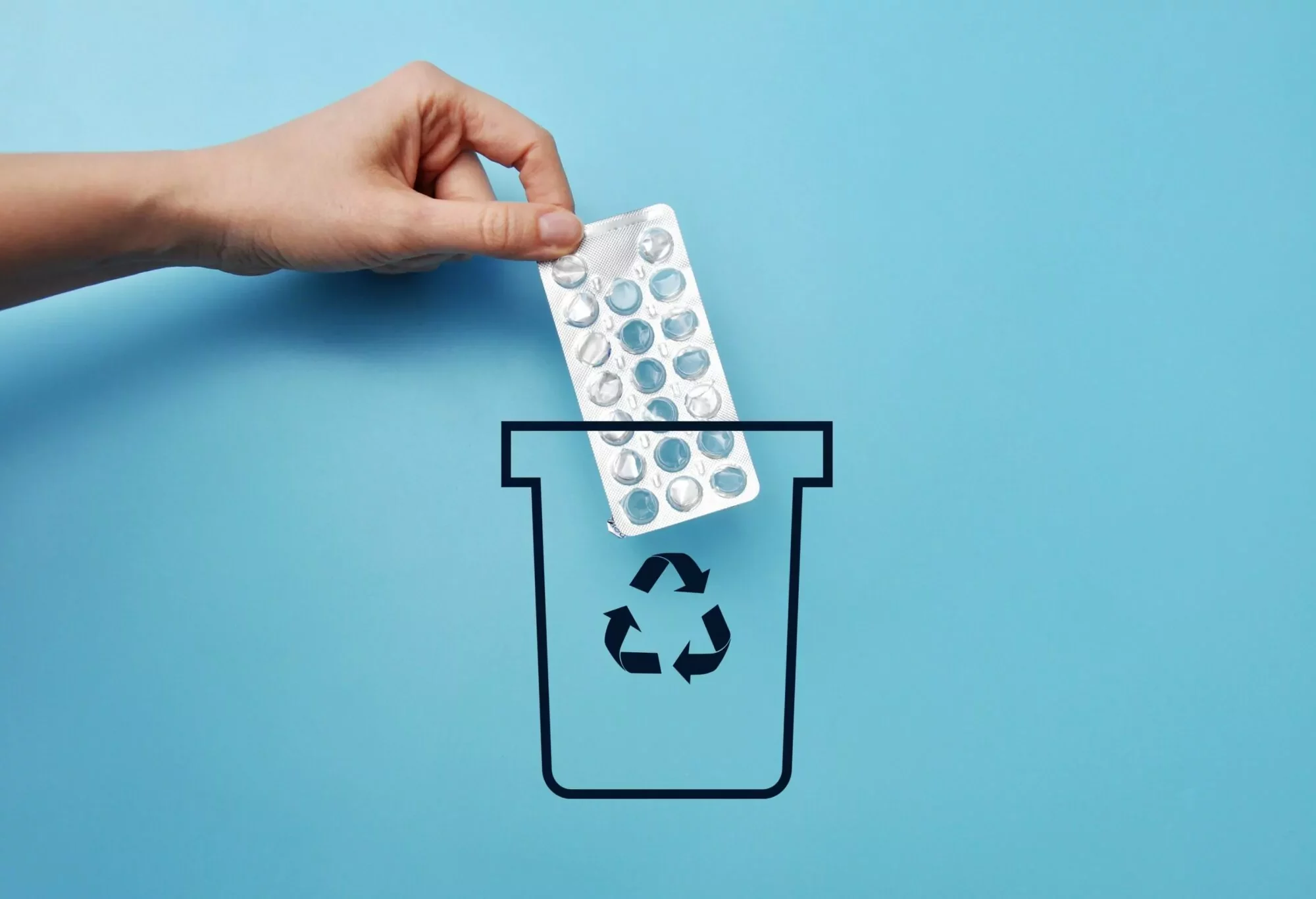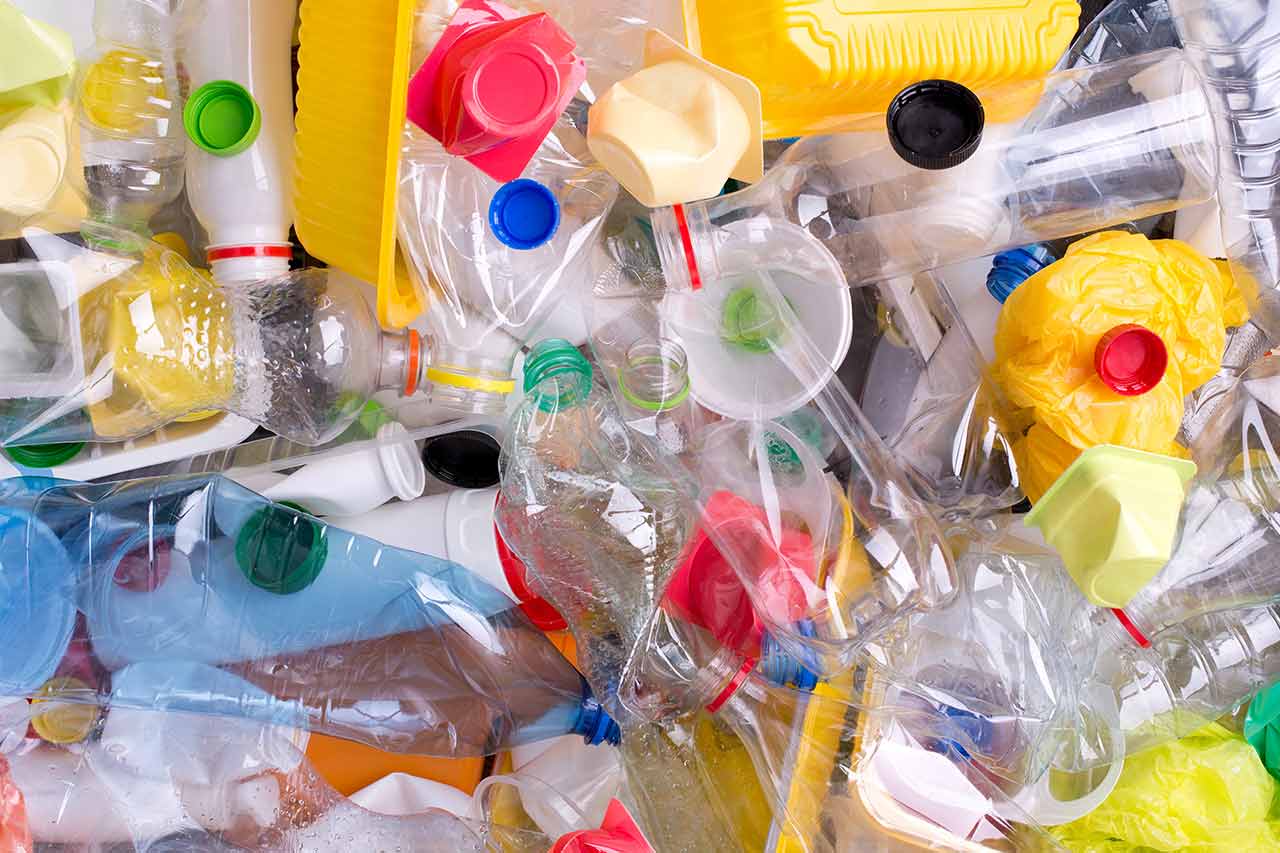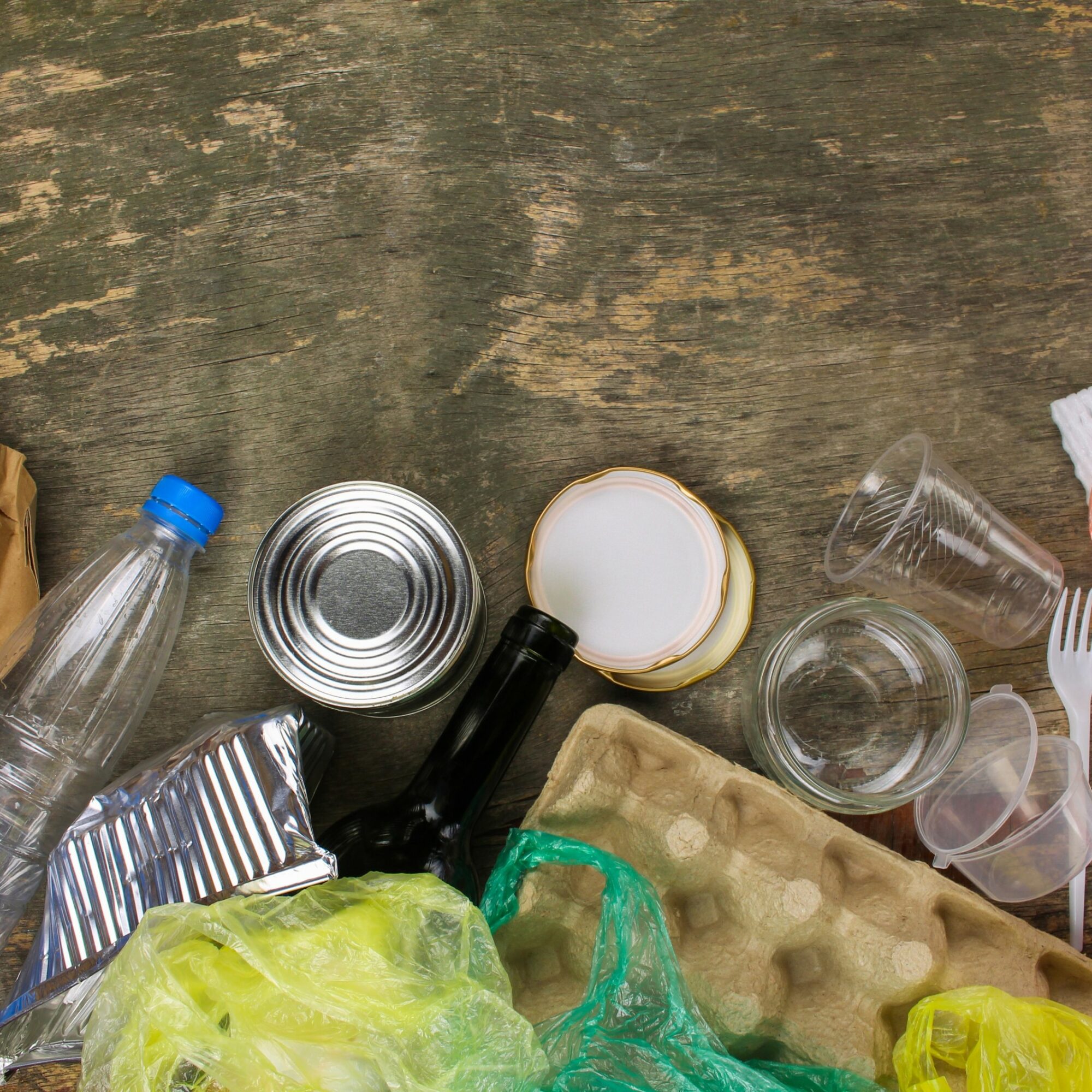
Recyclability
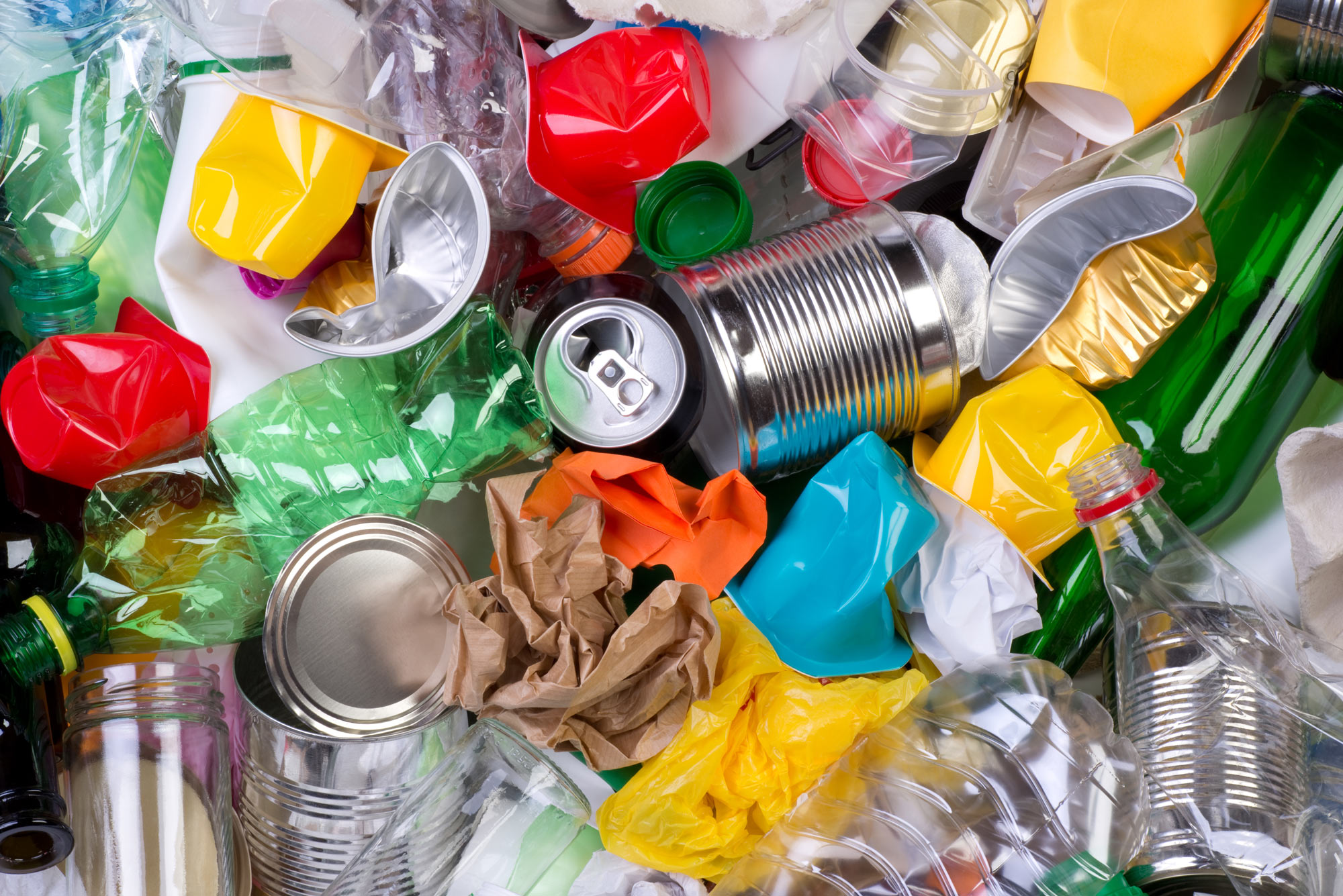
Optimize the life cycle of your products with a recyclability strategy
Alcimed works daily on projects at the heart of the energy transition, such as recyclability. More specifically, we support our clients in their innovation projects throughout the product life cycle, from research on raw materials to waste recovery and the reincorporation of recycled materials.
They trust us




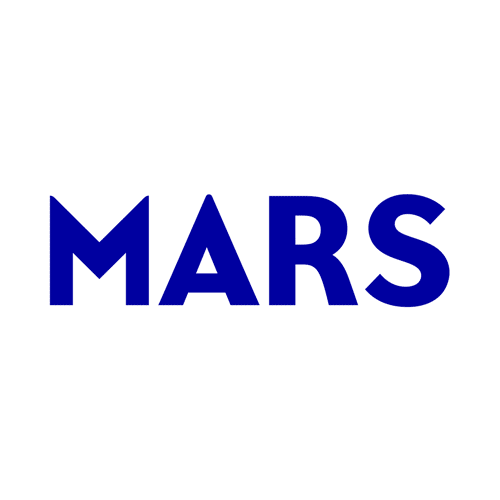
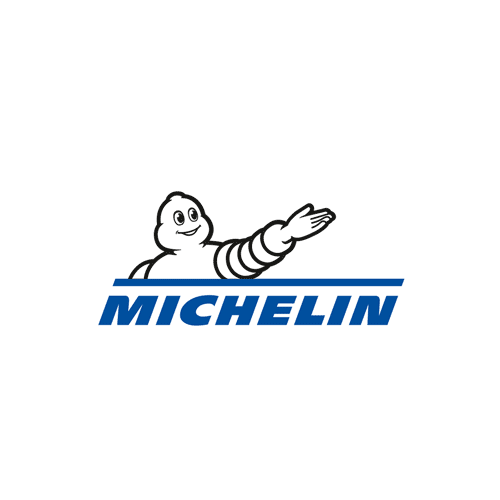

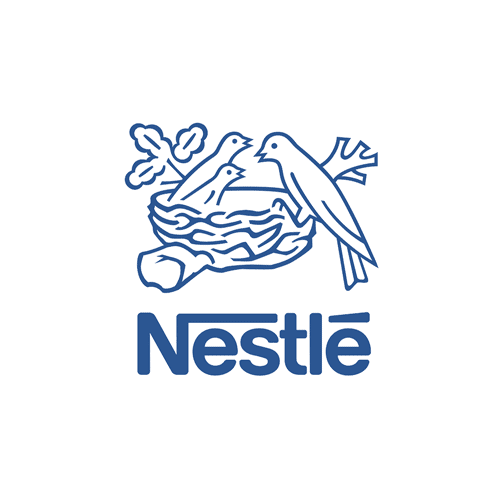
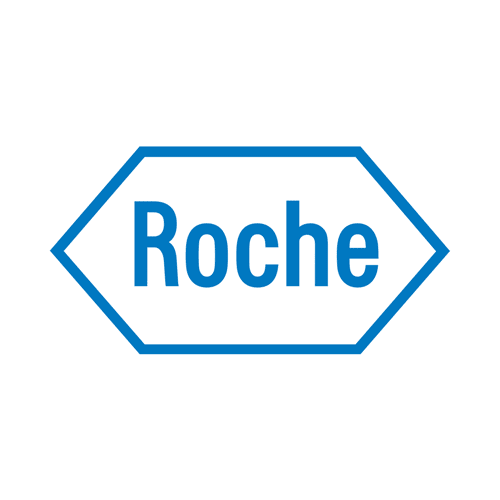


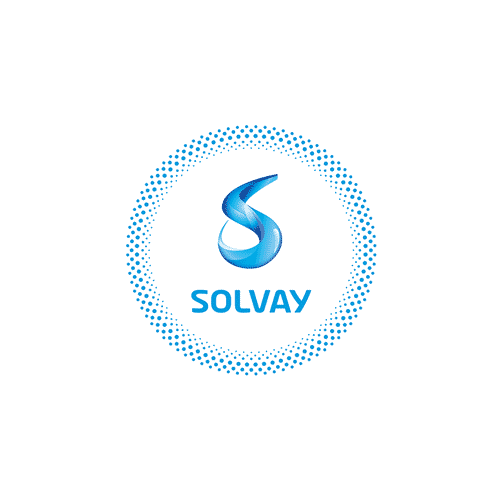
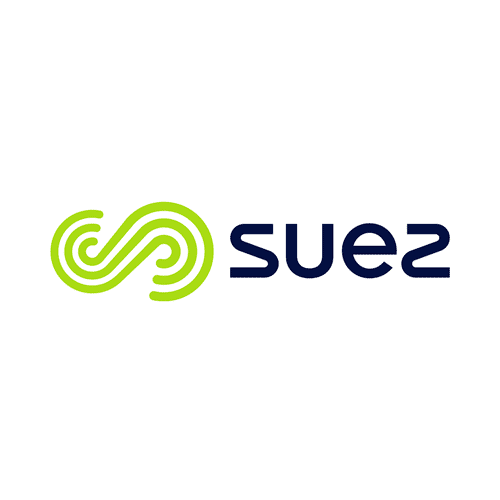


The challenges related to the recyclability of materials
The consideration of sustainable development goals and climate issues has prompted state governments to rethink their economic growth trajectories in a way that is decoupled from the consumption of natural resources, in particular by starting a transition to the circular economy. One of the pillars of this decoupling is recycling, replacing virgin raw materials (VRM) with recycled raw materials (RRM).
Since it is impossible to develop recycling without improving the recyclability of materials, manufacturers must therefore look into the matter. This improvement is based on:
Based on the “5 R rule” (Refuse, Reduce, Reuse, Recycle, *Returning to the Earth) used in the circular economy, it is possible to modify the codes used until now for the design of products to be part of an eco-design approach and thus facilitate the recycling of products.
- Refuse: Manufacturers must rethink their need to no longer produce superfluous elements during product development. For example, the individual blister packaging of products sold in bundles.
- Reduce: This is about using a minimum of materials, both in quantity and number of different materials, when designing a product. This reduces resource requirements and facilitates sorting at end of life.
- Reuse: Increasing recyclability also means incorporating more and more recycled raw materials into production chains to make the recycling industry sustainable.
- Recycle: It is possible to prepare for the end of life from the design phase, in particular by designing products with a high rate of recyclability, that is to say with increasing the percentage of materials that can be treated by recycling or valorization.
The 5th R, Returning to the Earth, does not apply here.
Which materials have the best recyclability rate? What are the least material-intensive production technologies?
One of the biggest challenges in increasing the recyclability of products is end-of-life collection. Indeed, many recyclable waste, or partly recyclable, are thrown away to be incinerated or buried without being reused. To overcome this, industrial players and communities, in France for example, are helped by the government, which has developed a National Strategy “Recyclability, recycling and reincorporation of materials”, in which targets are set for 100% recycled plastics. in 2025 for household waste, but also targets for industrial waste such as the recycling of electric vehicle batteries.
How to increase the volumes of industrial waste sent to sorting centers?
How we support you in your projects related to recyclability
For over 25 years, Alcimed has supported its clients on many issues related to recyclability. Indeed, we have carried out numerous missions for various players such as large industrial players (for example: Suez, Véolia, EDF, Orano, ENEDIS, RTE, etc.) or national and European institutions and research centers (e.g., the CARNOT institutes, ADEME, etc.).
The diversity of our clients, the geographic fields that we explore, and the types of projects that we carry out, give us a global and in-depth understanding of the issues addressed in the field of recyclability.
Our missions explore recyclability from every angle; market studies for the recycling of materials, technological analyzes for the industrial waste collection and sorting sectors, or even the preparation of partnership files for researching new materials.
Examples of recent projects carried out for our clients in recyclability
Definition of the recyclability strategy of an aeronautics player
One of our clients in the aerospace industry wanted to define a recyclability strategy for its products by identifying the most critical materials and possible end-of-life processing routes.
To do this, our team identified all the parts contained in our client’s products and defined their end-of-life treatment criticality using a life cycle analysis and environmental risk assessment approach. Following this, our team identified the possible ways of recovering critical materials at the end of their life, taking into account the economic, technical and environmental aspects of each recovery channel, as well as the possibilities of incorporating recycled materials into production chains. Finally, our team identified industries offering sustainable solutions suitable for potential partnerships with our client.
Ultimately, our client was able to adapt its strategy for recyclability of critical materials and initiate their recovery.
Support for an environmental player in his technological platform project for the recovery of waste for recyclability
Alcimed supported an environmental player in putting together a presentation pack for a technological platform for sorting waste as part of a Call for Expression of Interest.
This involved our team coaching the editorial team for several weeks on the management of the project and more particularly on the overall structuring of the pack, particularly at the offer level. At the same time, our team carried out a market study of the impact of the platform to help determine the possible pricing of the services offered.
This meant that our client was able to adapt their project to the requirements linked to the formalism imposed by the exercise, to submit a complete and finalized pack.
Advising a CARNOT institute in the development of its activities on the theme of recyclability
Possessing strong expertise in recycling and the circular economy, one of our clients, a CARNOT institute, wanted support to promote its skills to manufacturers and thus increase its activities on these themes.
To achieve this, our team helped our client to structure its research offer for industrial players and to identify the key markets and industrialists who could be interested. Then, our team tested the receptivity of manufacturers to this offer to define a strategy for accessing these markets.
Alcimed’s support enabled our client to formalize a presentation of its know-how in order to have an impact on identified manufacturers, as well as to define a commercial roadmap on these markets.
Study of the communication of companies in the agrifood industry around the recyclability of packaging
One of our clients in the agrifood industry wanted to obtain an overview of its competitive environment regarding sustainable packaging.
Our team analyzed companies in the industry regarding their practices in terms of communication on sustainable packaging for children’s products in 2 target countries.
Our support has enabled our client to have a precise vision of the behavior of other companies in the industry around the challenges of sustainable packaging and our project has enabled the definition of a communication roadmap set apart from that of its competition.
Definition of a medical device manufacturer’s strategy for managing the end-of-life and recyclability of its medical devices
One of our customers, a MedTech player, wanted to improve the recyclability of its medical devices, in particular by improving its end-of-life management strategy.
To help them achieve this, we mapped out the regulations and the main players involved in managing the end-of-life and recycling of medical devices. We then worked on possible changes to these regulations and their impact on the value chain.
Based on the vision of the various market players (regulators, players involved in end-of-life management, pharmaceutical players, etc.), we worked on setting up a roadmap combining concrete actions and players to be mobilised in order to propose new, differentiating ways of managing the end of life of medical devices.
Identification of ways of recycling permanent magnets for an energy company
A player in the energy industry wanted to identify ways of recycling its permanent magnets.
To help them do this, we began by drawing up an overview of all the current and future technological avenues for recycling permanent magnets, from traditional methods such as remelting or hydrogen decomposition to less mature approaches such as electrochemical recycling. Our discussions with experts in these technologies enabled us to clearly identify the obstacles to be overcome in order to make these approaches relevant from an industrial point of view.
We then analysed developments in permanent magnet application markets in order to identify the main challenges in terms of industrial needs.
In the final stage, we worked with our client to set up scenarios to identify the conditions for success in setting up sustainable recycling channels.
Strategy for the treatment, recycling, and valorization of production waste as part of a remanufacturing process
Our team supported an industrial player in its circular economy initiative to identify and select different technological avenues that would allow it to re-use and recycle its production waste in its own production cycle.
We first produced a technological panorama presenting all the possible approaches for treating, recycling, and valorizing the materials considered, with no sectoral limits. We then analyzed these approaches according to their performance, maturity, and applicability to our client’s context in order to select the most relevant ones.
At the end of this stage, we identified on the most attractive approaches, a first selection of potential partners to support our client in its developments.
Evaluation of potential partners in the field of refillable and recyclable packaging for a player in the agrifood industry
We supported a major player in the food industry in identifying potential partners who could enable it to offer alternatives to single-use packaging, with a focus on refillable and recyclable solutions.
In this search for more sustainable and recyclable packaging solutions, over 60 players covering several technologies have been identified, prioritized and deepened as part of a detailed characterization of their capacities and their openness to collaboration.
This enabled our client to have a clear operational roadmap regarding the players to be prioritized for implementing more sustainable and recyclable packaging solutions.
Definition of the relevance of a recyclability strategy for oral and nasal administration devices of a medical devices manufacturer
In order to align with its CSR goals but also to drive commercial innovation, we supported one of our clients, a manufacturer of medical devices, in deciphering the main stakes of oral and nasal administration devices recycling in France.
We first started by mapping the key players involved in the considered field in France. Then, through an in-depth literature analysis and targeted interviews with these key players, we evaluated how end-of-life management and recycling of these devices are currently handled and determined how and when the field may evolve according to regulations.
All in all, we identified relevant partners for our client in the space of the end-of-life management and recyclability of their devices and provided them with inspiration on the operating model developed by others. We also made recommendations on whether to implement recycling initiatives now for each device, and the most effective strategies to do so.
You have a project?
To go further
Healthcare
How to reduce the environmental impact of pharmaceuticals downstream of the value chain
Find out what actions to take to reduce the environmental impact of the distribution and life cycle of pharmaceutical products.
Energy - Environment - Mobility
How chemical recycling could enable more plastic recycling?
People are more and more used to sorting waste but unfortunately, that does not mean that all recyclable plastic packaging is nowadays recycled. Alcimed immerses you in the world of recycling to ...
Cross-sector
Sustainable packaging design and recyclability: major challenges for food manufacturers
The food industry must innovate and think about sustainable packaging design in the face of regulatory changes on their recyclability and the environmental display of food products.
Founded in 1993, Alcimed is an innovation and new business consulting firm, specializing in innovation driven sectors: life sciences (healthcare, biotech, agrifood), energy, environment, mobility, chemicals, materials, cosmetics, aeronautics, space and defence.
Our purpose? Helping both private and public decision-makers explore and develop their uncharted territories: new technologies, new offers, new geographies, possible futures, and new ways to innovate.
Located across eight offices around the world (France, Europe, Singapore and the United States), our team is made up of 220 highly-qualified, multicultural and passionate explorers, with a blended science/technology and business culture.
Our dream? To build a team of 1,000 explorers, to design tomorrow’s world hand in hand with our clients.
Alcimed carries out consulting missions in a variety of fields and on topics as diverse as the uncharted territories of our clients! Our projects and the methodological approaches we develop are based on the specific needs and contexts of our clients. We for example support our clients in defining their R&D or innovation strategy, in studying their target markets, in identifying and exploring new opportunities, in investigating innovative technologies, in defining their sales and marketing strategies, in integrating CSR or data science into their practices, or in imagining the future of their activities.
We’re not consultants, we’re explorers! Working with a consulting firm like Alcimed means living a different experience, with a team that always favors face-to-face meetings, goes beyond classic deliverables in favor of innovative ones (videos, data visualization tools, websites, collaborative platforms, …), that favors interactive animations in projects (escape games, quizzes, board games, role-playing games, video games, …), and that loves to make clients discover unusual places!
Beyond analyzing the web and literature, and large internal or external data lakes using data science, our consultants target and interact with key stakeholders: these can be clients, suppliers, partners, experts, opinion leaders, end-customers or patients, … and we challenge their viewpoints. This investigative work enables us to build our clear opinion at the crossroads between the viewpoints of the different stakeholders, and leads us to build recommendations to allow our clients to make decisions.
According to the ISO 14021 standard dealing with environmental self-declaration, recyclability is defined as the “characteristic of a product, packaging or associated component that can be taken from the waste stream, and which can be collected, processed and put back into use as raw materials or products”. In short, an object is considered recyclable when a process exists to collect it following its use and there are outlets for recycling it.
The recyclability of a material therefore does not correspond solely to a physical property, but also assumes that the material is collected in large enough quantities at the end of its life, that technologies have been identified to separate and reuse it, and that the outlets envisaged are based on a long-lasting economic sector and meet a need and demand from the consumer.
There are 3 main approaches to recycling:
- Mechanical recycling, which involves recovering and transforming recyclable materials, particularly plastics and metal waste, using mechanical techniques such as sorting, shredding, washing and melting, in order to convert them back into reusable raw materials for the manufacture of new products.
- Chemical recycling, which relies mainly on two approaches, depolymerisation and dissolution/solvolysis. Although chemical recycling has certain advantages over mechanical recycling, it is a technically complex and costly process, sometimes involving the use of solvents, which increases the carbon footprint and requires additional reprocessing stages.
- Organic recycling, also known as composting, involves transforming organic waste (materials of biological origin) into a nutrient-rich natural product called compost, which is generally used as a soil improver.
